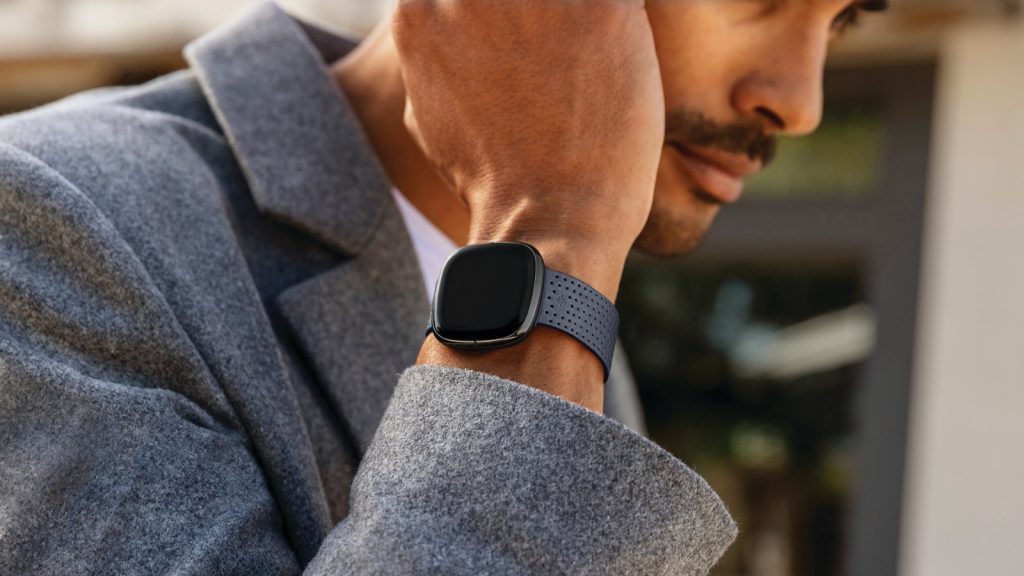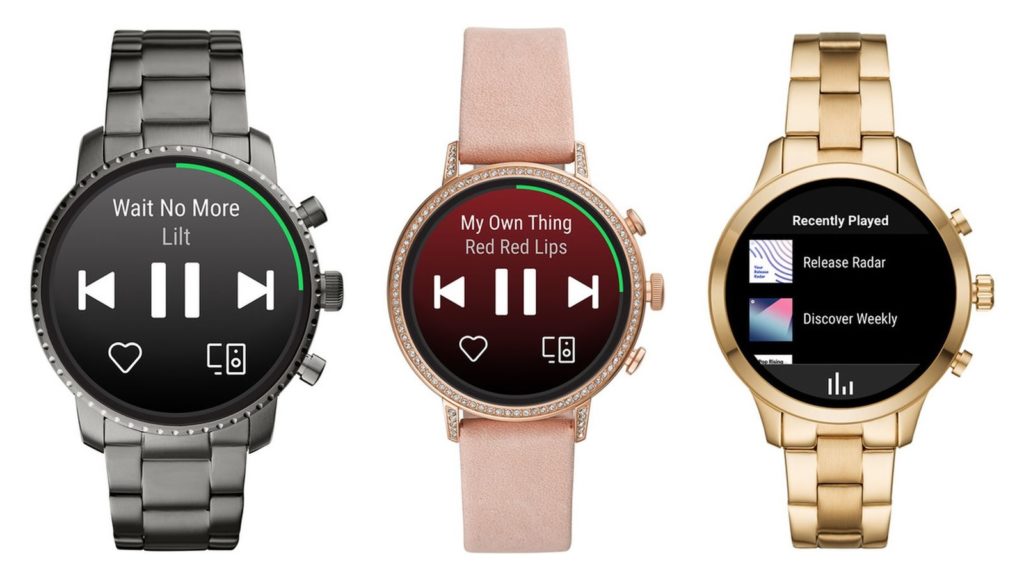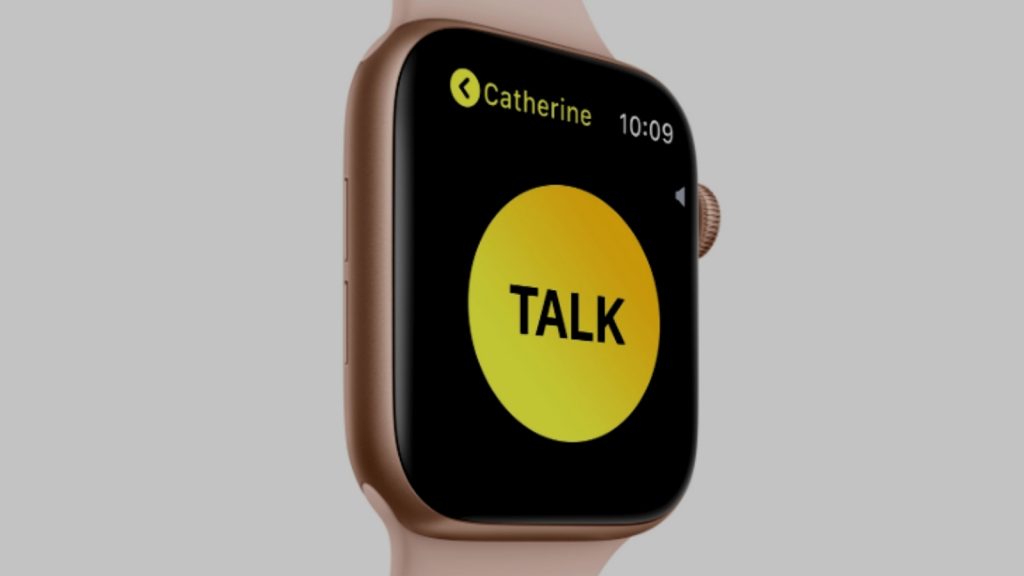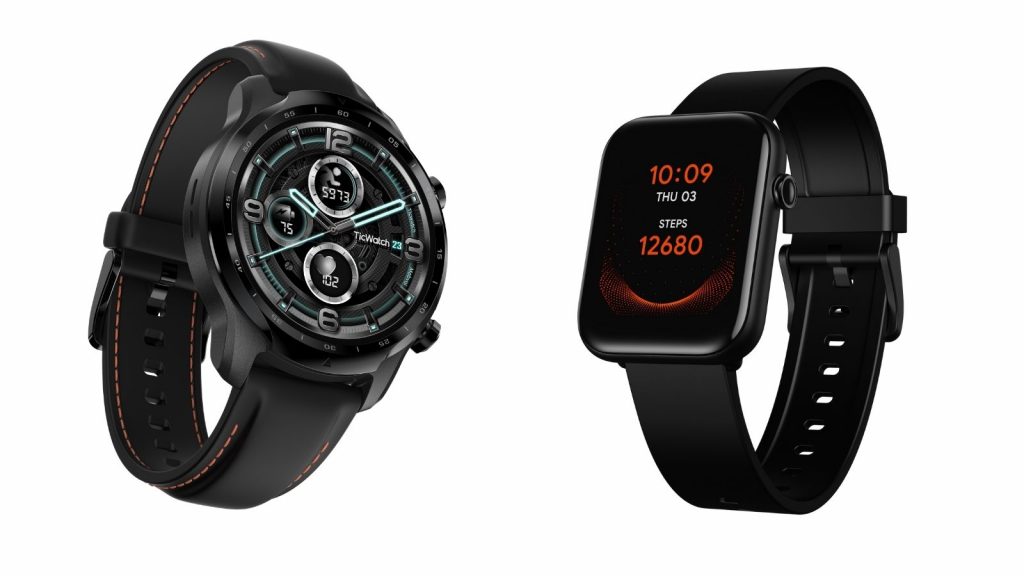With powerful hardware working together with an industry-leading camera system and intuitive AI experiences, everyday tasks have never been easier and faster
Battle between Traditional or smartwatch, which is better?

There will come a time were you may have to choose between two realities, traditional or tech-savvy.
This is in relation to watches before we lose you on context.
Smart watches can be traced back to the early 1970s when we consider Hamilton Pulsar’s first digital release.
When considering the first craze around the year 2000 and factoring in the likes of the Microsoft SPOT (Smart Personal Object Technology), introduced around 2004, we see how far the tech-packed and app-ridden smartwatch has come.

Tradition or a smartwatch, which is better?
It all depends on the consumer and what their preferences are. Consumer individual needs usually dictate which direction a buyer will lean.
Traditional watches are great for the user who appreciates tradition, or the simplicity and elegance of a timepiece.
Traditional watch
The craftsmanship, long battery life, and the simple elegance of a traditional watch remains unparalleled.
When we factor the timeless design, stylish accessories and minimal distractions from a traditional timepiece, its clear why the nostalgic user may opt for the former.
The traditional watch does come with its cons, such as the inability to connect to a smartphone or other devices.
Manual adjustments including set design features are often the reason traditional watch owners will increase their watch selection. The traditional watch offers a fixed design, and their appearance is set. Their function is often simple, tell the time and view a certain limited number of features such as the day of the week including the date.
Traditional does often have its drawbacks but for consumers that appreciate a sterling historical gem of a timepiece, and a history of tried and tested generations of outstanding craftsmanship, who are we to argue that the traditional timepiece has no place in 2023.
Smartwatch

The smartwatch offers a wide range of features, such as health and fitness, functionality, convenience and the ability to sync your watch to your smartphone.
Features such as heart rate monitors, activity trackers, and ECG capabilities, allow smartwatches to edge users into an unlimited future of feature possibilities.
Other added benefits such as the ability to play music, and make a call, solidify the smartwatch as a current favorite when considering the array of benefits users gain.
The drawbacks are the battery life, constant distraction, frequent updates, and the increasing propensity to edge users to depend on technology.
Some smartwatches do come at a significantly higher cost, only to cater advanced features. The frequent notifications from smartwatches may often lead to decreased focus.
This does contribute to user dependence on both their smartwatch and the synced smartphone.

So which is better?
You tell us. Traditional watches are great for the simplicity appreciators and provide a timeless piece that more often than not can be passed down as a family heirloom.
Smartwatches are constantly evolving and continue to add more benefits with the goal to possibly break away from their dependence on smartphones. Their value is also arguable when we factor the functionality, convenience, style, and ability to change display themes.
To pick between the two is a battle, so why not have both?
Also read: Voice-controlled home automation devices, our three favs

